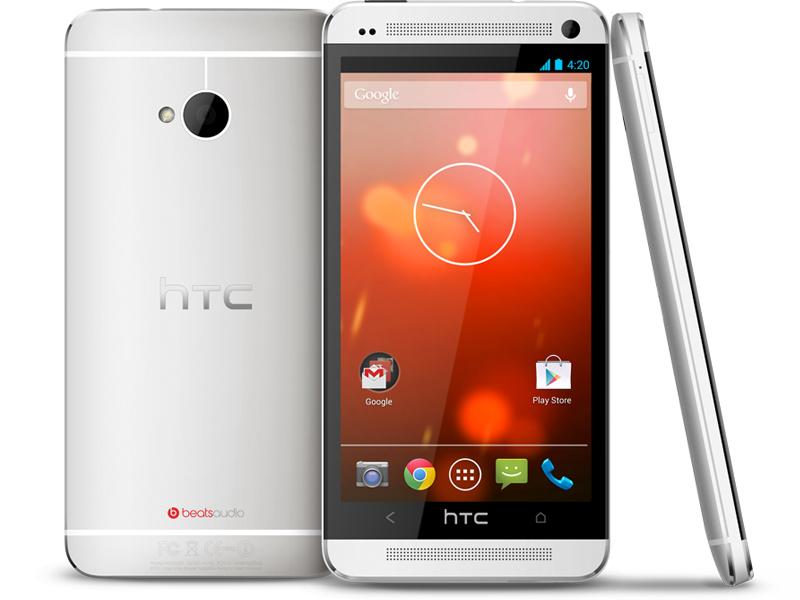
Despite the fact that one of the best things about Android is its customization, there was a point not too long ago that just about everyone wanted to see manufacturers use stock Android, and only stock Android. We heard it all the time, and consistently. Android was leading the charge on putting the best hardware on devices, from the internals to the displays, so apparently everyone just wanted it to be about the hardware. After all, if all the phones are running the same software out of the box, without any kind of differentiators, that's all it can be about.
Luckily, that didn't happen. There are more devices on the market right now that run a plain version of Android, or as close to it as one could get without actually *being* stock, than ever before, but it's still not the standard. Google Play edition handsets do their best to stand out, but it's no surprise that companies that offer these handsets are also offering their skinned versions with better/easier ways to get them, and with a bigger marketing push, too.
Last year, I wrote about how I was beginning to see the appeal of proprietary software, and why it can be so important to a manufacturer. More than that, though, why it's such a big bonus for the consumer -- as long as it's done well. There's no denying that custom software from manufacturers hasn't always been great, or sometimes even good, but in 2013 and moving into 2014, they've made great strides to make them well worth their presence.
Basically, I can understand why some people might like TouchWiz. I'm not even afraid to admit it.
As I use LG's G Flex right now, as part of the 30 Day Challenge that kicked off last month, I can't help but pay attention to the way that the software differentiates from other Android-based devices. LG's custom experience is definitely its own, and I can't help but think about all the different devices out there that aim to do the same thing, one way or another.
But which one of them does it the best?
And it doesn't necessarily have to be about all custom software, either. Android isn't just about that. I don't think anyone would argue that a bigger complaint about the mobile platform has always been "fragmentation," or newer devices never really getting a firm hold on the newest software available. Custom experiences from manufacturers had a role to play in that issue, too, but it's something that has honestly gotten a lot better. Just look at HTC and LG, who have notoriously been terrible with software updates in the past. And recently, Samsung has not only launched brand new devices with the latest software, but also managed to upgrade their devices relatively quickly.
Motorola, outside of the Google Play edition devices out there, may be the closest to a fully stock experience when we're just looking at the biggest manufacturers. (I know there are other companies out there launching pure stock Android handsets, but I wanted to limit the scope a little bit.) However, it's their custom additions that really make the Moto X stand out, like their Moto Assist, or Touchless Control. They keep making them better, too.
It has to lead to the most obvious question: Does a suite of new features, which are directly tied to custom software, offer a better experience? Or maybe just a few specific features are better, with the stock experience to run the whole show. Are you willing to give up on timely (or even quick) software upgrades as long as your custom software offers a ton of extras, that you couldn't get on a stock handset? Or would you prefer getting those new features as quickly as possible, at the sake of any manufacturer customization?
And, out of all of that, which company do you think is handling Android the best these days? From software features, customization, to software versions at launch or upgrades, which company is standing out to you right now as offering the best experience? Let me know!